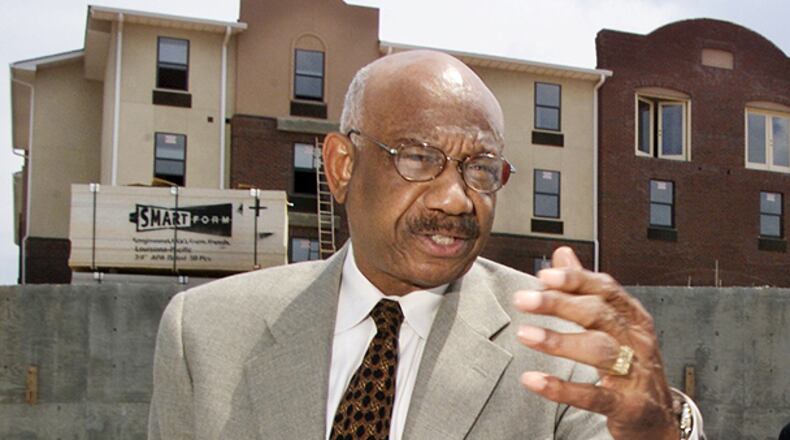The Opportunity Zone Initiative is following through on its promise to lift Americans out of poverty.
The Council of Economic Advisers recently released a report detailing the successes we’re already seeing across America. The Council found that in just two years opportunity zones have driven $75 billion in new investments to distressed American communities. These new investments will lift at least one million Americans out of poverty, decreasing the poverty rate in opportunity zones by 11 percent.
Opportunity zones are a powerful vehicle for bringing economic growth and job creation to the American communities that need them most. The 2017 Tax Cuts and Jobs Act established opportunity zones to incentivize long-term investments in low-income communities nationwide. These incentives offer capital gains tax relief for new investment in designated opportunity zones.
Credit: contributed
Credit: contributed
During my travels throughout the Southeast, I have witnessed firsthand the inspiring and innovative implementation of HUD’s programs to create viable and affordable housing redevelopment in opportunity zones.
The Russell Center for Innovation and Entrepreneurship (RCIE), located in the heart of an Atlanta opportunity zone, is a proven resource for Black entrepreneurs as it describes itself as “part incubator, part accelerator, part innovation lab and even part museum” that offers “access to place and space, resources, networks, mentorship, technical assistance and education,” for Black entrepreneurs. In 2019, the U.S. Economic Development Agency (EDA) awarded the RCIE a $1.2 million grant to expand, building on an earlier EDA grant that helped convert a former 43,000-square-foot corporate headquarters into a space for 100 emerging entrepreneurial companies. RCIE will feature programming that pays homage to the legacy of Herman Russell, while promoting a citywide and national dialogue around innovation, start-ups and venture capital.
More than 8,760 communities in all 50 states, the District of Columbia, and 5 Territories have been designated as opportunity zones. Nearly 35 million Americans live in communities designated as opportunity zones.
The White House Opportunity and Revitalization Council, chaired by the Secretary of the U.S. Department of Housing and Urban Development (HUD), Benjamin S. Carson, Sr. and led by Executive Director Scott Turner, includes 17 federal agencies and federal-state partnerships to carry out the Administration’s plan to target, streamline, and coordinate federal resources to be used in opportunity zones and other economically distressed communities.
Opportunity zones are characterized by innovative public and private investments that are being replicated around the country, bringing real results of hope and opportunity for a brighter future to underserved low-income families and communities.
Denise Cleveland-Leggett is the U.S. Department of Housing and Urban Development Region 4 Administrator.
About the Author
Keep Reading
The Latest
Featured



